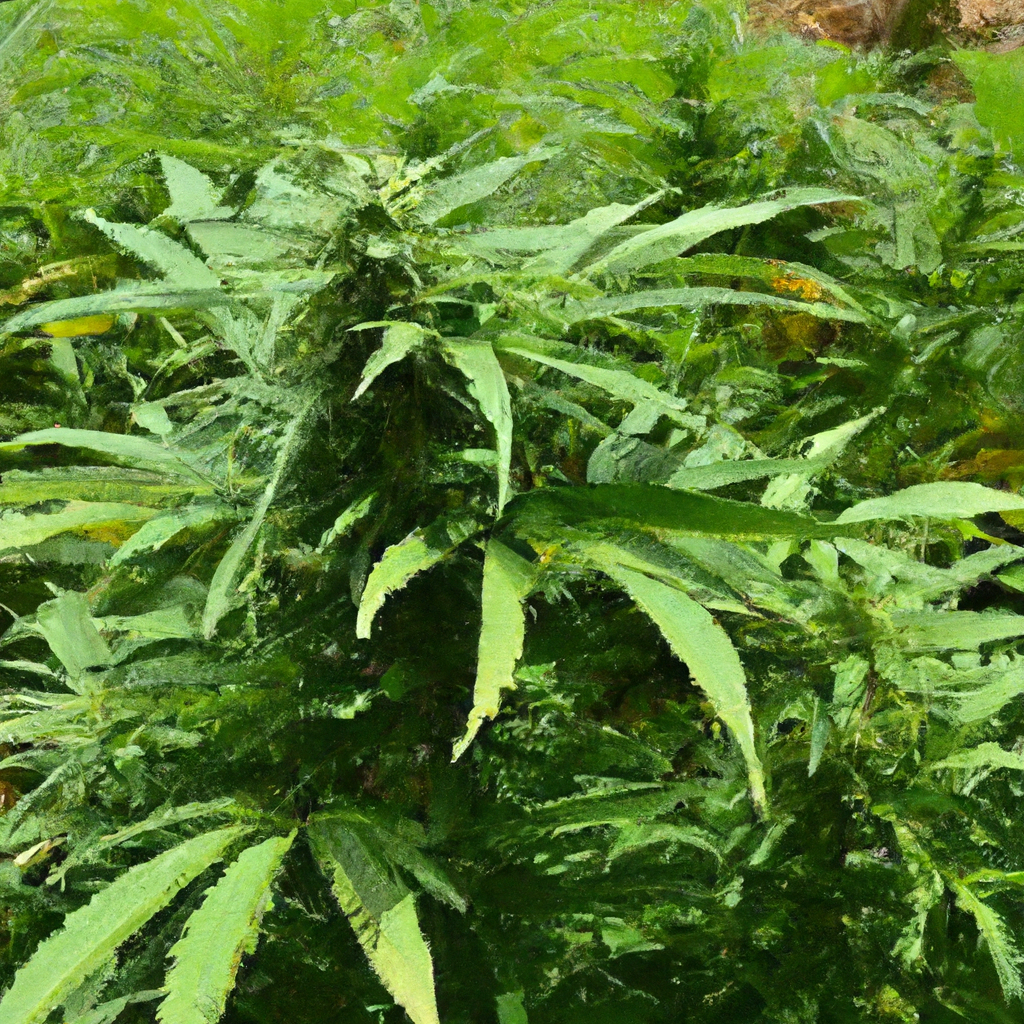Your cart is currently empty!
As the demand for clean, sustainable, and high-quality cannabis continues to rise, organic cultivation has taken center stage. Growing cannabis organically not only benefits the environment but also offers a purer product for consumers. In this article, we’ll dive into the best practices for organic cannabis cultivation, focusing on natural fertilizers, building healthy soil ecosystems, and sustainable growing operations.
Building a Healthy Soil Ecosystem
Healthy soil is the foundation of successful organic cultivation. Here are key steps to enhance your soil’s quality:
- Use Compost: Rich in nutrients, compost provides essential organic matter, improving soil structure and microbial activity. This cultivation practice boosts plant growth without synthetic additives.
- Embrace Cover Crops: Cover crops such as clover or alfalfa maintain soil fertility, enhance water retention, and prevent erosion, creating a suitable environment for healthy cannabis growth.
- Introduce Mycorrhizal Fungi: These beneficial fungi establish symbiotic relationships with plant roots, enhancing nutrient uptake and improving soil chemistry naturally.
Natural Fertilizers and Nutrient Management
Nourishing your cannabis plants with organic fertilizers maximizes yield and healthiness without environmental harm.
- Fish Emulsion: Boasting high nitrogen content, fish emulsion promotes leafy growth. It’s ideal for the vegetative stage and highly absorbable by the plants.
- Worm Castings: Rich in beneficial bacteria, worm castings fertilize without scorching roots. Regular addition keeps soil fertile and improves plant resilience.
- Bone Meal: High in phosphorus and calcium, bone meal supports root development and flowering. Use sparingly to prevent nutrient buildup.
Organic Pest Control Methods
Maintain plant health without synthetic chemicals by using organic pest control methods that align with an eco-friendly approach.
- Companion Planting: Interplanting cannabis with pest-repellent plants like basil or marigold naturally deters pests.
- Neem Oil: A non-toxic solution to pests, neem oil disrupts insect life cycles and prevents fungal infestations.
- Beneficial Insects: Introducing predators such as ladybugs or predatory mites keeps pest populations in check, supporting a balanced ecosystem.
Promoting Sustainable Growing Operations
Sustainability goes beyond products; it’s about processes too. Incorporate these sustainable practices into your growing operations:
- Water Conservation: Implement drip irrigation systems to minimize water usage and maximize efficiency.
- Energy-Efficient Practices: Employ LED lights and utilize solar energy for indoor grows to reduce carbon footprints.
- Waste Reduction: Compost plant waste and reuse materials to cut down on environmental impact.
Conclusion: Embrace Organic for a Greener Future
Organic cannabis cultivation provides a pathway to sustainability and high-quality production. By fostering robust soil ecosystems, using natural fertilizers, and adopting eco-friendly pest management, growers can achieve excellent results while supporting environmental health. Consumers and the planet alike benefit from these organic practices, paving the way for a greener, cleaner future.
Remember, embracing organic cultivation means committing to a practice that enriches the Earth, strengthens plant life, and delivers a superior product to the users.
For those eager to reap these sustainable rewards, the journey of organic cannabis cultivation is as planted-rich and nurturing as the soil itself.
Discover more from Magic Clones
Subscribe to get the latest posts sent to your email.


Leave a Reply